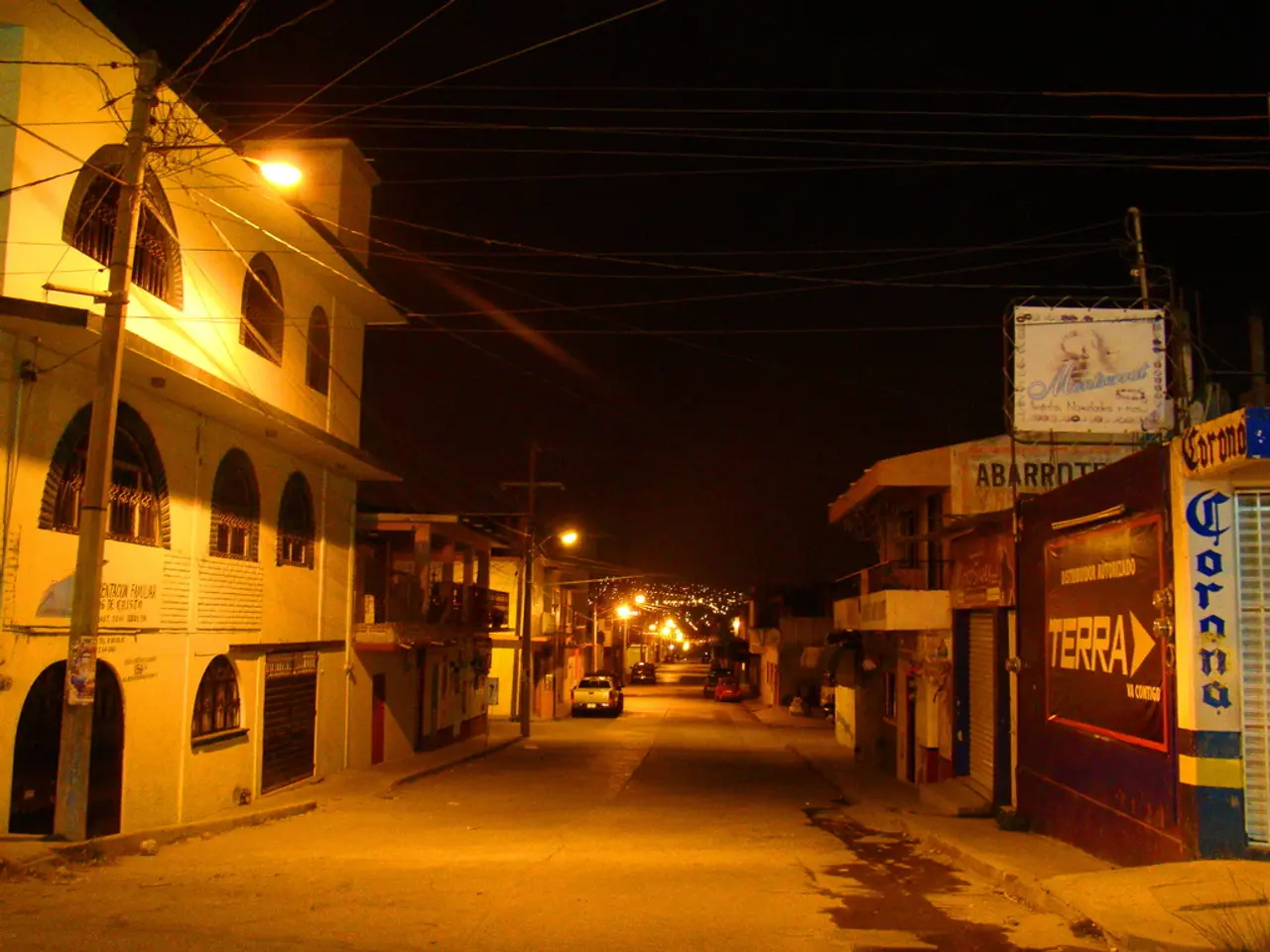UK Explores 'Zonal Pricing' to Save Consumers £60 Billion and Cut Network Costs
The UK government is exploring a significant shift in energy pricing, moving from the current national model to 'zonal pricing'. This change, aimed at tackling record energy price rises and reducing fuel poverty, could save consumers energy up to £60 billion and cut network operating costs by up to £15 billion. However, it may require trading reforms and could impact network access.
The proposed 'zonal pricing' system would divide Great Britain into distinct geographic zones, each with its own electricity price based on demand and transmission congestion. This contrasts with the current national pricing model, which uses a single uniform price across the country. The Department for Energy Security and Net Zero (DESNZ) favours this approach as it can increase efficiency and flexibility, and lower consumers energy costs.
The DESNZ introduced the Review of Electricity Market Arrangements (REMA) consultation to enhance the UK's energy security and supply, particularly with increasing electricity demand. A second REMA consultation concluded that 'zonal pricing' is more suitable for the UK market compared to 'nodal pricing'. Models suggest this change could save between £5 billion and £15 billion in network operating costs and between £25 billion and £60 billion for consumers energy.
The final framework for 'zonal pricing' could range from a 'light touch model' to a more 'transformative model'. While it may require trading reforms and could impact network access, the potential savings for both consumers energy and network operators are substantial. The DESNZ's preference for 'zonal pricing' reflects its potential to increase efficiency, flexibility, and lower consumers energy costs.
Read also:
- EU's Role in Brazilian Rainforest Destruction
- Connecticut and Rhode Island seek court order to reactivate Revolution Wind project
- Catastrophic blast at a US Steel facility in Pennsylvania causes 2 fatalities, inflicts injuries on 10 individuals
- Weekly developments in the German federal parliament, the Bundestag








